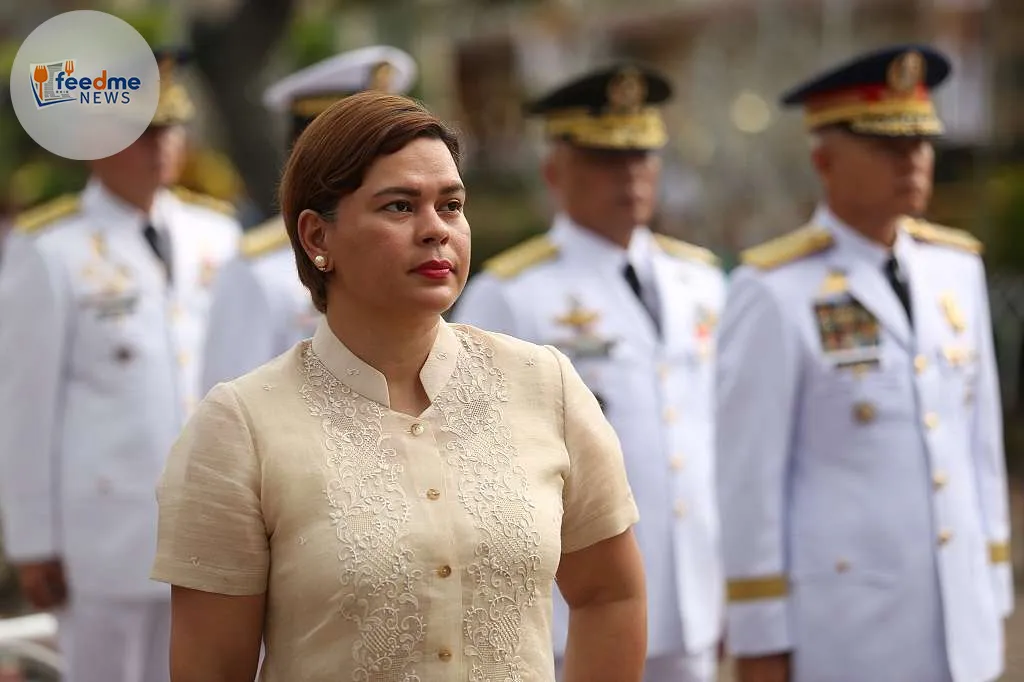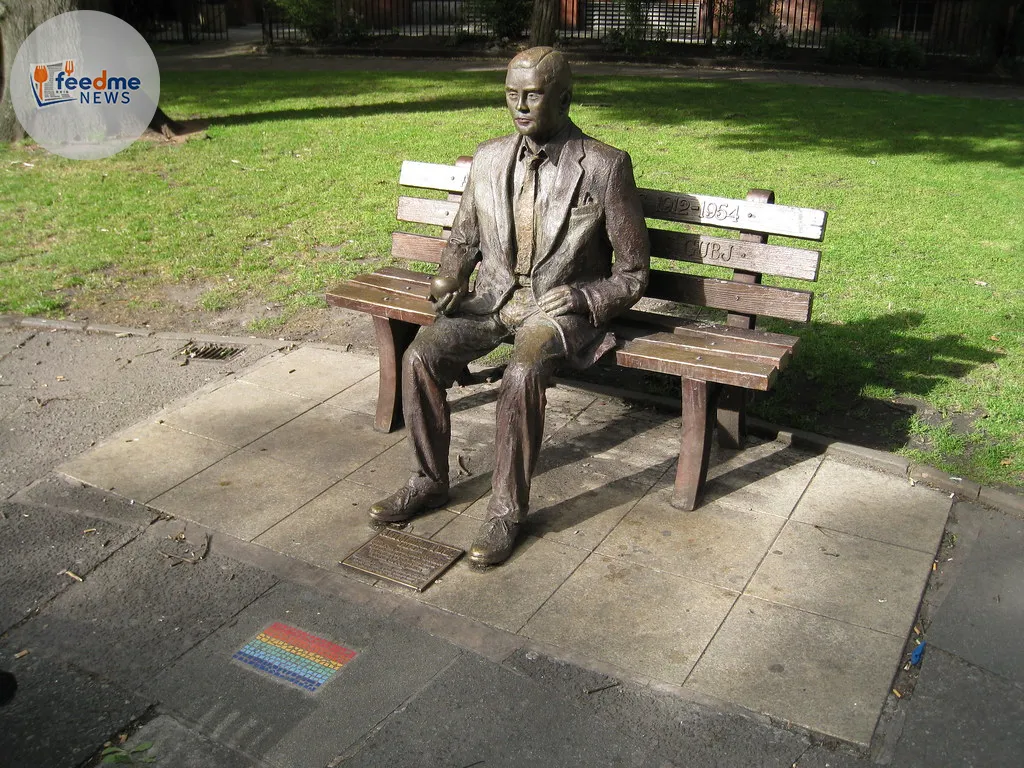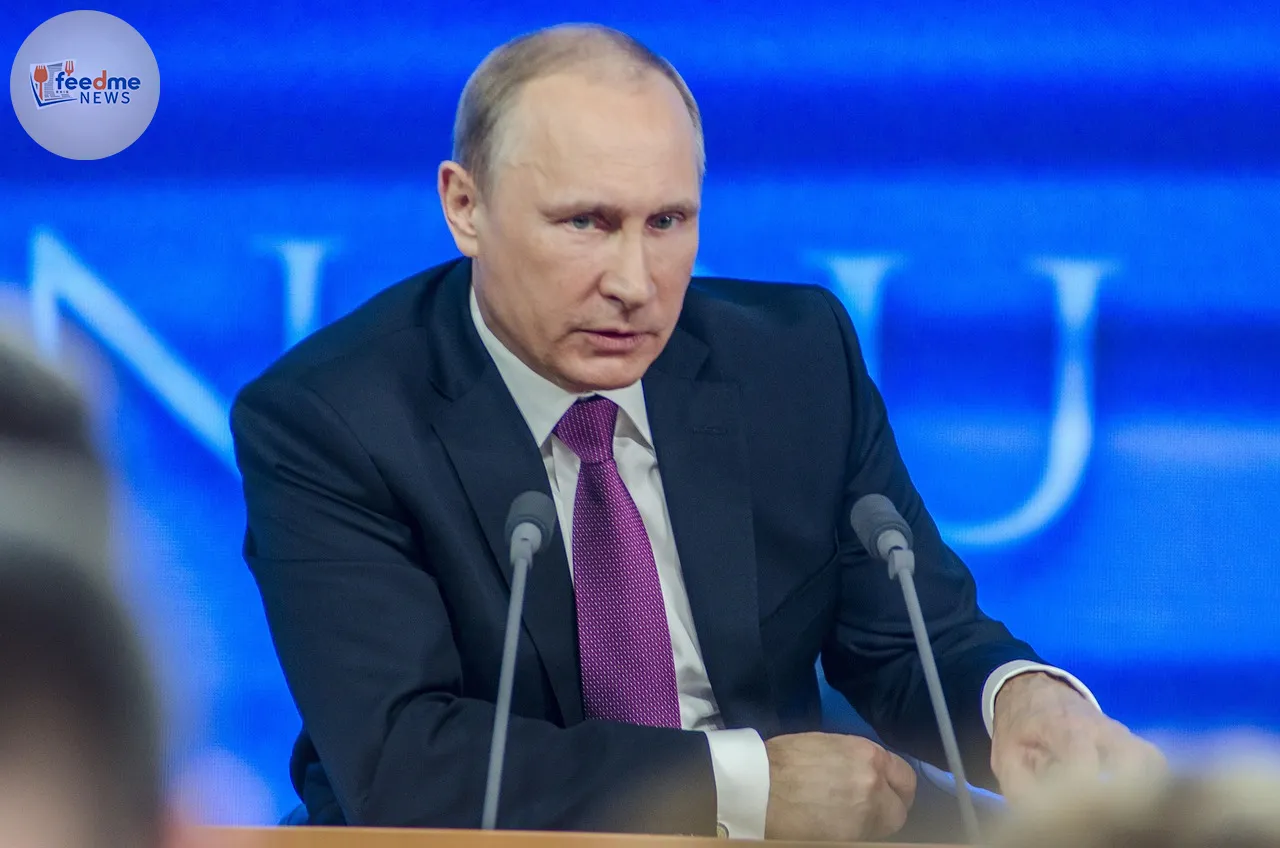In a pivotal moment for the Philippines, the recent mid-term elections have set the stage for an escalating power struggle between President Ferdinand “Bongbong” Marcos Jr. and Vice-President Sara Duterte. With control of the Senate and House of Representatives at stake, these elections have not only shaped the political landscape but also intensified the existing rivalry between the two leaders. Analysts suggest that the outcomes could significantly impact the nation’s political and economic future.
The elections, held on 12 May 2025, were closely watched as they were seen as a referendum on the current administration’s performance. The results have the potential to either bolster President Marcos’s agenda or empower Vice-President Duterte, who has emerged as a formidable political figure in her own right.

A Nation at a Crossroads: Election Context and Timing
The mid-term elections took place amidst a backdrop of economic challenges and social unrest. With inflation rates soaring and public dissatisfaction growing, the electorate’s mood was one of urgency and demand for change. The elections were conducted across the archipelago, with voters turning out in significant numbers despite logistical challenges in remote areas.
The timing of the elections is crucial as it comes halfway through President Marcos’s six-year term. The results will determine the legislative landscape for the remaining years of his presidency, influencing his ability to pass key reforms and policies. For Vice-President Duterte, the elections represent an opportunity to consolidate power and potentially position herself for a future presidential bid.
Senate and House Results: A Mixed Bag for Marcos
The Senate race was particularly competitive, with both pro-Marcos and pro-Duterte candidates vying for control. Preliminary results indicate a mixed outcome, with neither faction achieving a decisive victory. This split could lead to a legislative gridlock, complicating efforts to pass significant legislation.
In the House of Representatives, Marcos’s allies managed to retain a slight majority, but the gains made by Duterte’s supporters highlight her growing influence. This shift in power dynamics could lead to heightened tensions within the government, as both leaders seek to assert their agendas.
Expert Insights: Political Analysts Weigh In
Political analysts suggest that the election results reflect a growing divide within the ruling coalition. “The mid-term elections have exposed the fault lines within the administration,” says Dr. Maria Santos, a political science professor at the University of the Philippines. “Both Marcos and Duterte have strong support bases, but their conflicting ambitions could lead to internal strife.”
Experts also note that the power struggle could have broader implications for the country’s stability. “With the Senate and House divided, governance could become more challenging,” warns Dr. Jose Ramirez, a political analyst. “The focus may shift from policy-making to political manoeuvring, which could stall progress on critical issues.”
Economic Implications: What Lies Ahead
The elections’ impact on the economy is a major concern for both domestic and international stakeholders. The Philippines is grappling with high inflation, unemployment, and a widening fiscal deficit. The political uncertainty resulting from the elections could exacerbate these issues, affecting investor confidence and economic growth.
Economists caution that the government’s ability to implement economic reforms will be crucial in the coming months. “The political landscape is more fragmented now,” says economist Laura Perez. “To address the economic challenges effectively, there needs to be cooperation between the executive and legislative branches.”
Public Sentiment: Citizens Demand Change
The elections have also highlighted the public’s demand for accountability and transparency. Many voters expressed frustration with the current administration’s handling of economic issues and governance. Social media platforms have been abuzz with discussions and debates, reflecting the electorate’s desire for change.
“I voted for leaders who I believe can bring real change,” says Juan dela Cruz, a voter from Manila. “We need officials who will prioritise the people’s needs over political games.”
Looking Forward: The Road Ahead for the Philippines
As the dust settles on the mid-term elections, the Philippines faces a period of uncertainty and opportunity. The power struggle between President Marcos and Vice-President Duterte will likely dominate the political scene, influencing policy decisions and governance.
The coming months will be telling as both leaders navigate the complex political terrain. Their ability to collaborate or compromise will be crucial in addressing the country’s pressing challenges. For the Filipino people, the hope remains for a government that prioritises their welfare and leads the nation towards stability and prosperity.






